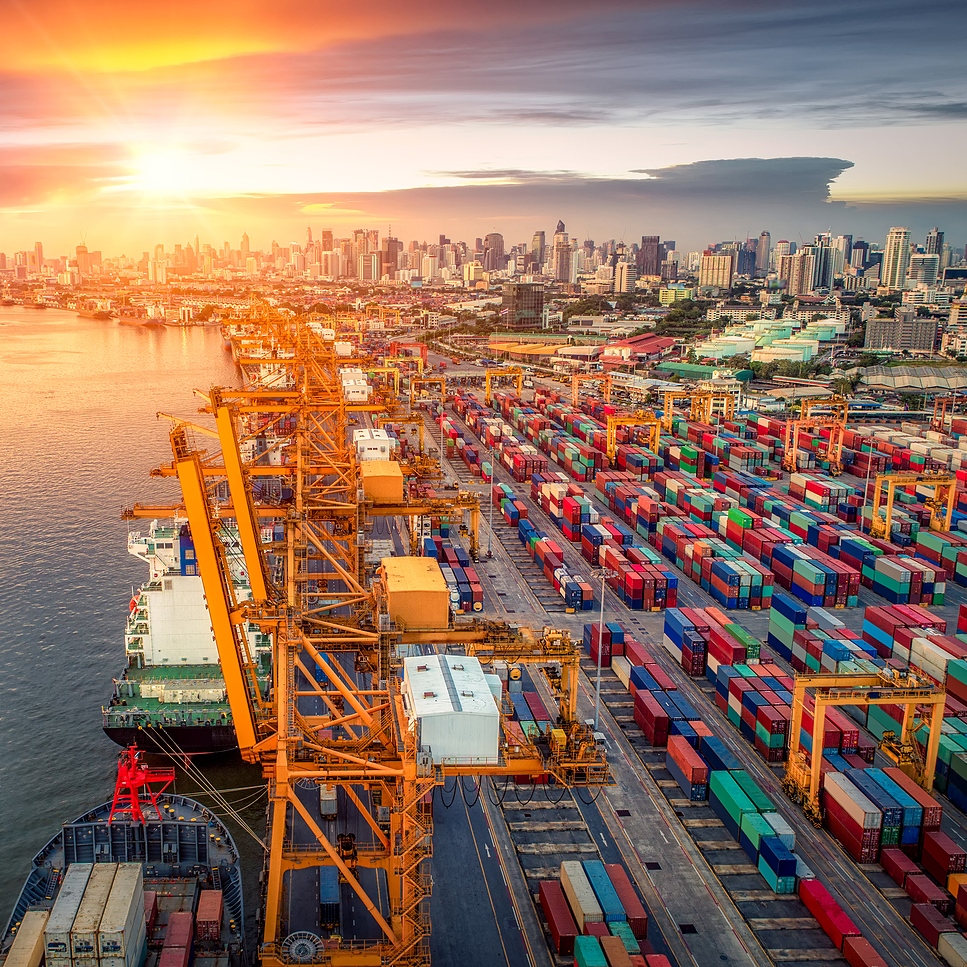While the terms “freight forwarders” and “carriers” might sound the same, they’re actually two distinct yet complementary components of the shipping process. A carrier moves cargo, while a freight forwarder organizes and oversees the entire transportation process. Both of them are essential to product movement.
Freight Forwarders and Carriers Have Different Roles Within the Supply Chain
Knowing the difference between freight forwarders and carriers is crucial for the seamless movement of goods from point A to point B. Essentially, a freight forwarder acts as a middleman between the shipper and various transportation services, facilitating the movement of goods from the manufacturer to the consumer and handling every small detail along the way. A worldwide freight carrier excels at navigating the intricacies of international trade regulations; they arrange transportation, complete documentation, negotiate freight rates, and manage customs clearance. Freight forwarders are also especially useful when companies are importing goods from other countries; this cargo typically needs to be moved by two or more modes of transport and involves more complex customs clearance.
While freight forwarders focus on the coordination and management aspects of shipping, carriers are primarily responsible for physically transporting the goods safely and on time. Unlike freight forwarders, carriers own or operate the vehicles, vessels, or aircraft used to transport goods and may offer additional services such as tracking and tracing shipments. Another big difference between the two lies in their liability and insurance coverage.
Freight Forwarders and Carriers Have Different Levels of Responsibility
Freight forwarders typically act as middlemen, so they don't assume direct liability for goods. Instead, they'll help shippers arrange insurance coverage to protect against loss or damage during transit (Note: some freight forwarders will not transport certain products, such as dangerous goods, medicines, alcohol, or batteries). Carriers, on the other hand, do take on some level of responsibility for cargo while it's in their care, and they’re usually required to have liability coverage as part of their services.
Let’s say you’re a manufacturer in China who needs to ship products to retailers in the United States. The manufacturer would enlist a freight forwarder to handle the logistics of the shipment. The freight forwarder would then coordinate with various carriers, such as ocean freight companies or air cargo carriers, to transport the goods from China to the US. Upon arrival, the freight forwarder would manage customs clearance and arrange for the final delivery to the retailers.
While freight forwarders and carriers both play essential roles in the transportation of goods, they serve distinct functions within the logistics chain. One handles the planning, organizing, and coordinating, while the other oversees the physical act of getting a manufacturer’s goods from here to there. Businesses can and should leverage both to streamline their supply chain operations.
